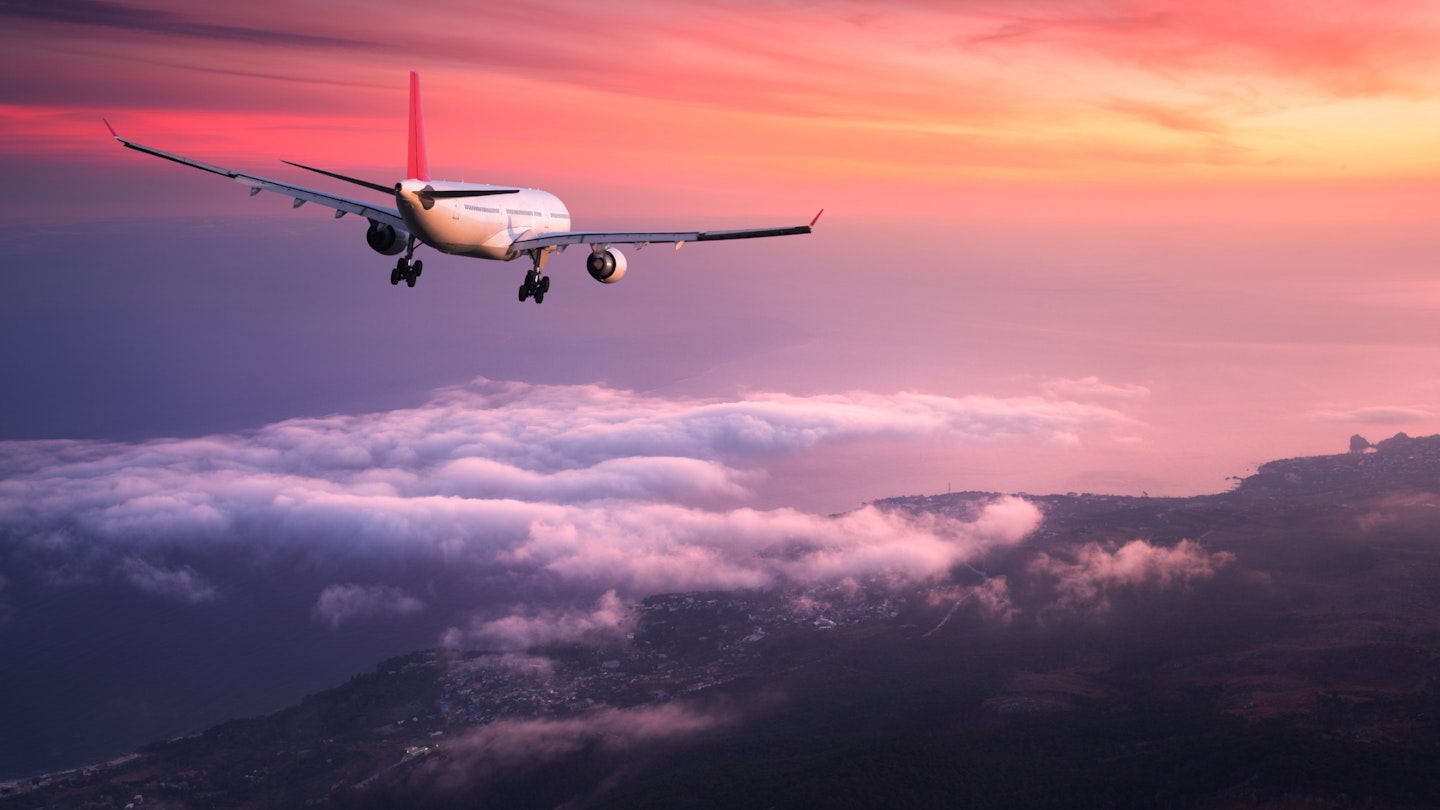The International Air Transport Association (IATA) has released new analysis showing that the damage to air travel from COVID-19 will extend into 2023, with long-haul travel being the most severely impacted.

When the recovery begins, it is expected to be led by domestic travel. IATA estimates that passenger traffic won’t rebound to pre-crisis levels until at least 2023. It expects that global passenger demand in 2021 will be 24% below 2019 levels and 32% lower than the forecast it made in October 2019. This conclusion is based on a slower opening of economies and relaxation of travel restrictions, with lockdowns potentially extending into the third quarter of the year due to a second wave of the virus.

The organisation has also reported that quarantine measures upon arrival will likely further damage confidence in air travel. In fact, 69% of recent travellers surveyed indicated that they would avoid travel if it involved a 14-day quarantine period. Therefore, IATA urges governments to seek alternatives to maintaining or instituting arrival quarantine measures as part of post-pandemic travel protocols. A risk-based, layered approach of globally harmonised biosecurity measures is deemed critical for the revival of air travel.

Despite these challenges, rebuilding passenger confidence is anticipated to take some time. According to IATA’s director general and CEO, Alexandre de Juniac, individual and corporate travellers will likely be prudent with their travel expenses, preferring to stay closer to home for the foreseeable future. “To protect aviation’s role as a catalyst for economic recovery, we must not exacerbate the situation by implementing impractical travel conditions like quarantine measures,” he stated. He emphasized the necessity for a strategy for safe travel that resolves two main challenges: instilling confidence in passengers to travel without excessive inconvenience and reassuring governments that measures are in place to prevent the import of the virus.
Further information can be found on IATA’s website here.




